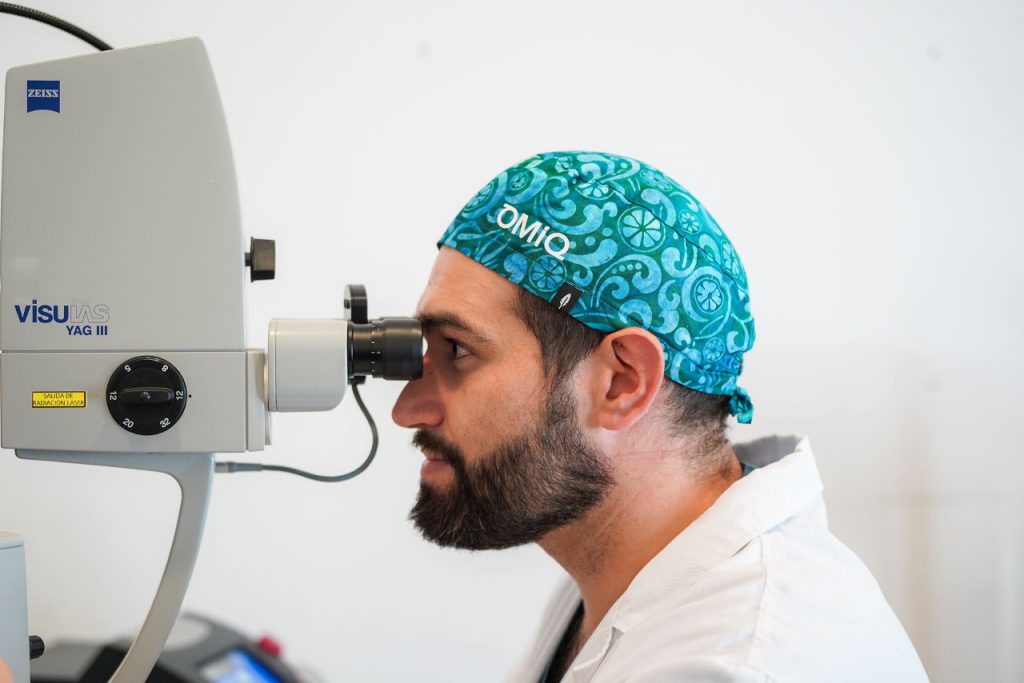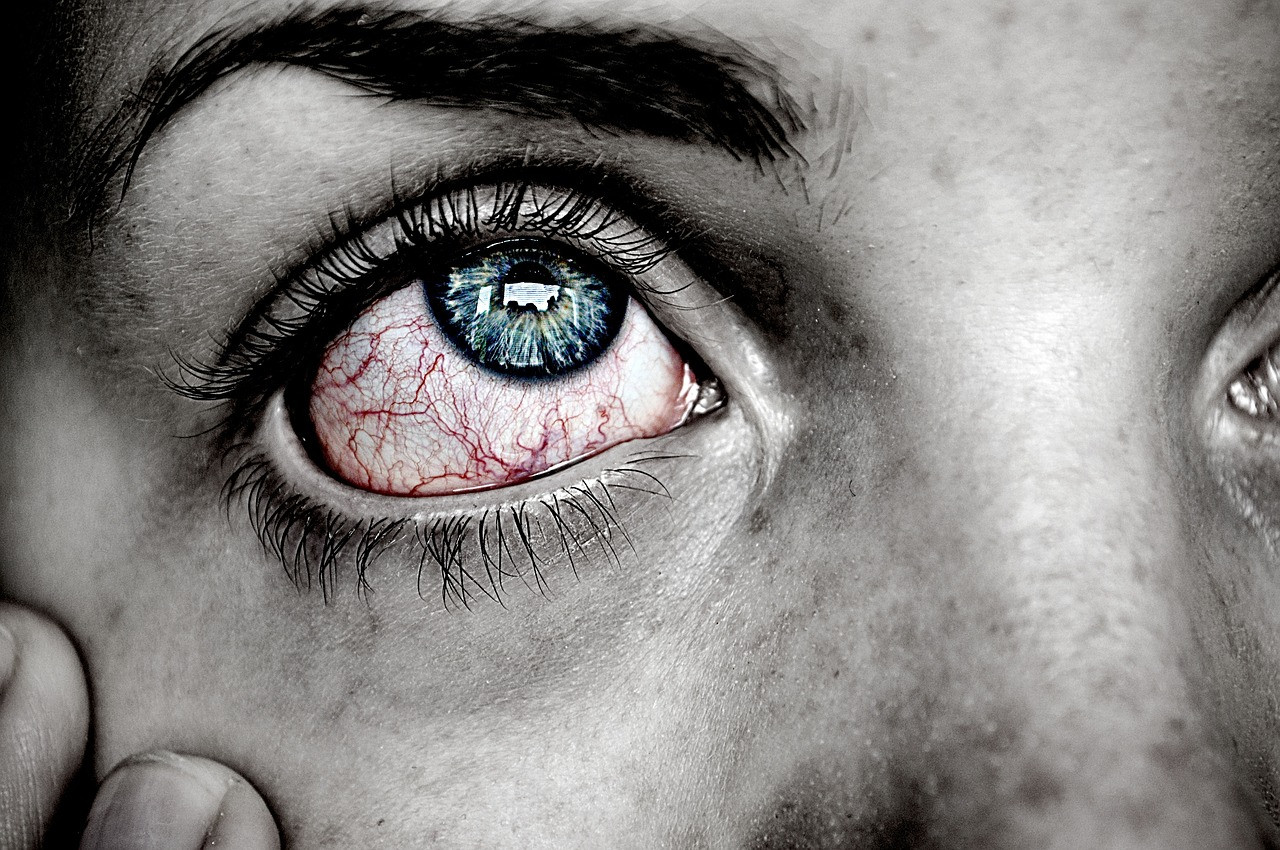Posted on October 12, 2023
 Sometimes our eyes feel itchy, as if sand or other foreign matter has entered our eyes, and when we look in the mirror and see red eyes, our first thought is that we have conjunctivitis. In fact, burning, itching, and redness in one or both eyes are the most common symptoms of conjunctivitis, one of the most common eye conditions that can affect people of all ages, including children and adults. But what is conjunctivitis? Conjunctivitis is an inflammation of the conjunctiva, the transparent membrane between the eyeball and eyelids that functions to protect the eyeball from external factors in addition to keeping it lubricated to facilitate blinking. The conjunctiva contains small blood vessels that produce a sticky substance to keep the surface of the eye moist. When this membrane becomes irritated, blood vessels become visible, causing the white part of the eye to appear pink or red. Hence, conjunctivitis.
Sometimes our eyes feel itchy, as if sand or other foreign matter has entered our eyes, and when we look in the mirror and see red eyes, our first thought is that we have conjunctivitis. In fact, burning, itching, and redness in one or both eyes are the most common symptoms of conjunctivitis, one of the most common eye conditions that can affect people of all ages, including children and adults. But what is conjunctivitis? Conjunctivitis is an inflammation of the conjunctiva, the transparent membrane between the eyeball and eyelids that functions to protect the eyeball from external factors in addition to keeping it lubricated to facilitate blinking. The conjunctiva contains small blood vessels that produce a sticky substance to keep the surface of the eye moist. When this membrane becomes irritated, blood vessels become visible, causing the white part of the eye to appear pink or red. Hence, conjunctivitis.
How does conjunctivitis appear?
Although the exact cause of conjunctivitis is unknown, three out of 10 cases are caused by a viral or bacterial infection; conjunctivitis is caused by infectious agents. There are other types of conjunctivitis that are caused by conjunctival irritation or inflammation of the eyelids, dry eyes, or even exposure to smoke, solvents, chlorine in swimming pools, or certain cosmetics, which are all called irritant conjunctivitis. Traumatic conjunctivitis occurs when a foreign object is present in the eye due to overexposure to ultraviolet light or chemicals. Allergic conjunctivitis can occur when people with allergies come into contact with substances such as pollen, dust mites, plants or animals.
All of these symptoms are very similar: a gritty feeling in the eyes, itching, irritation, redness, clear, white, yellow, or green eye discharge, or watering in the eyes, although conjunctivitis generally does not cause pain or discomfort . Affects vision, it is important to see a specialist when you experience any of these symptoms. These symptoms may last from two weeks to a month until they completely disappear.
Is conjunctivitis contagious?
Yes, absolutely, bacterial conjunctivitis and especially viral conjunctivitis are very easily spread. This is because the virus can survive for a long time on dry surfaces such as sheets, pillows, towels or bathroom fixtures. Furthermore, it must be emphasized that the most common route of infection is direct contact with respiratory and ocular secretions of infected persons. Infections can be specific, but epidemic outbreaks can also occur in schools, swimming pools, gyms or workplaces. To avoid contagion, it’s important to maintain hygiene guidelines, such as washing your hands frequently with warm water, not sharing bath products, makeup or glasses, and avoiding rubbing your eyes due to itchiness caused by this condition. Allergic conjunctivitis is not contagious, but it is recommended to avoid the allergens that cause symptoms.
treat
To treat conjunctivitis, you must first understand what’s causing it, but generally, treatment for this eye condition focuses on relieving symptoms and avoiding infection and complications. With viral conjunctivitis, it’s important to wash your eyes frequently with artificial tears or saline solution. To reduce inflammation, we can use a cold water compress, which can also relieve itching. For bacterial conjunctivitis, treatment is based on antibiotics in the form of eye drops or ointments, saline solution, and cold compresses, which can also relieve dryness and itching of the eyes. Allergic and irritant conjunctivitis is treated by avoiding contact and exposure to external factors that cause allergic and irritant conjunctivitis. In the first case, antihistamine eye drops or short-term corticosteroid treatment may be used.

It must be taken into account that conjunctivitis is no more contagious than the common cold, so you can go to school or work if you maintain proper hygiene and avoid direct contact with other people. But if daily activities involve close contact, it’s best to stay home until symptoms improve. However, for any questions, doubts or issues related to this topic, we will try to provide solutions and solve the problems that arise in this space.

